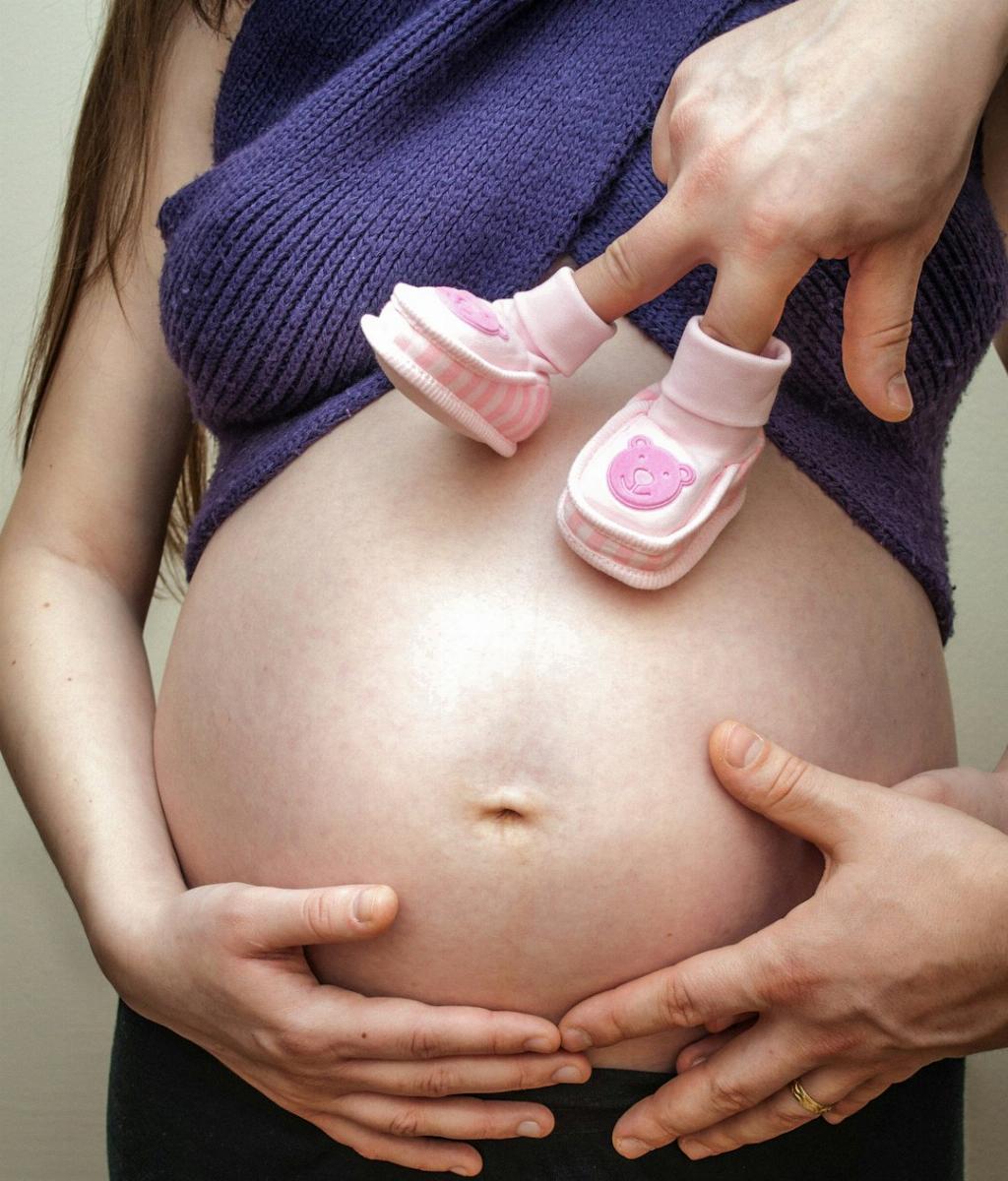When delving into the effects of high altitude on conception, it is essential to understand the intricate relationship between hypobaric hypoxia and reproductive processes. Research has shown that the reduced oxygen levels at high altitudes can significantly impact the hypothalamus–hypophysis–gonads axis, leading to disruptions in hormonal regulation.
One crucial aspect affected by high altitude is sperm quality. Studies have indicated that exposure to hypoxia can lead to decreased sperm motility and viability, potentially reducing the chances of successful fertilization. The implications of this decline in sperm quality on overall conception rates are noteworthy.
Moreover, high altitude has been linked to alterations in cyclic ovulatory activity in females. The disrupted hormonal patterns can affect the regularity and quality of ovulation, posing challenges to conception. The complex interplay between altitude-induced hypoxia and ovarian function underscores the multifaceted nature of this issue.
Notably, the quality of preovulatory follicles, oocytes, corpora lutea, and embryos may also be compromised in individuals residing at high altitudes. These structural and functional changes at various stages of reproduction can decrease the likelihood of successful implantation and pregnancy, highlighting the profound impact of altitude on conception.
Both human and animal studies have provided compelling evidence supporting the notion that living at high altitudes correlates with reduced fertility rates. The intricate mechanisms through which hypoxia influences reproductive processes underscore the importance of investigating the effects of altitude on conception outcomes.
Furthermore, the disparities in fertility rates between populations residing at different altitudes raise questions about the adaptive responses of reproductive systems to environmental challenges. Understanding how individuals acclimatize to high-altitude conditions can offer valuable insights into the underlying mechanisms of conception and fertility.
It is crucial to recognize that the impact of high altitude on conception is a multifaceted issue that requires a holistic approach encompassing physiological, hormonal, and environmental factors. By examining the intricate interplay between hypoxia and reproductive function, researchers can gain a deeper understanding of the complexities involved in achieving pregnancy at high altitudes.
In conclusion, the relationship between high altitude and conception is a topic of significant scientific interest, with implications for both human and animal reproductive health. The deleterious effects of hypoxia on reproductive processes underscore the importance of further research to elucidate the mechanisms underlying impaired fertility at high altitudes.

